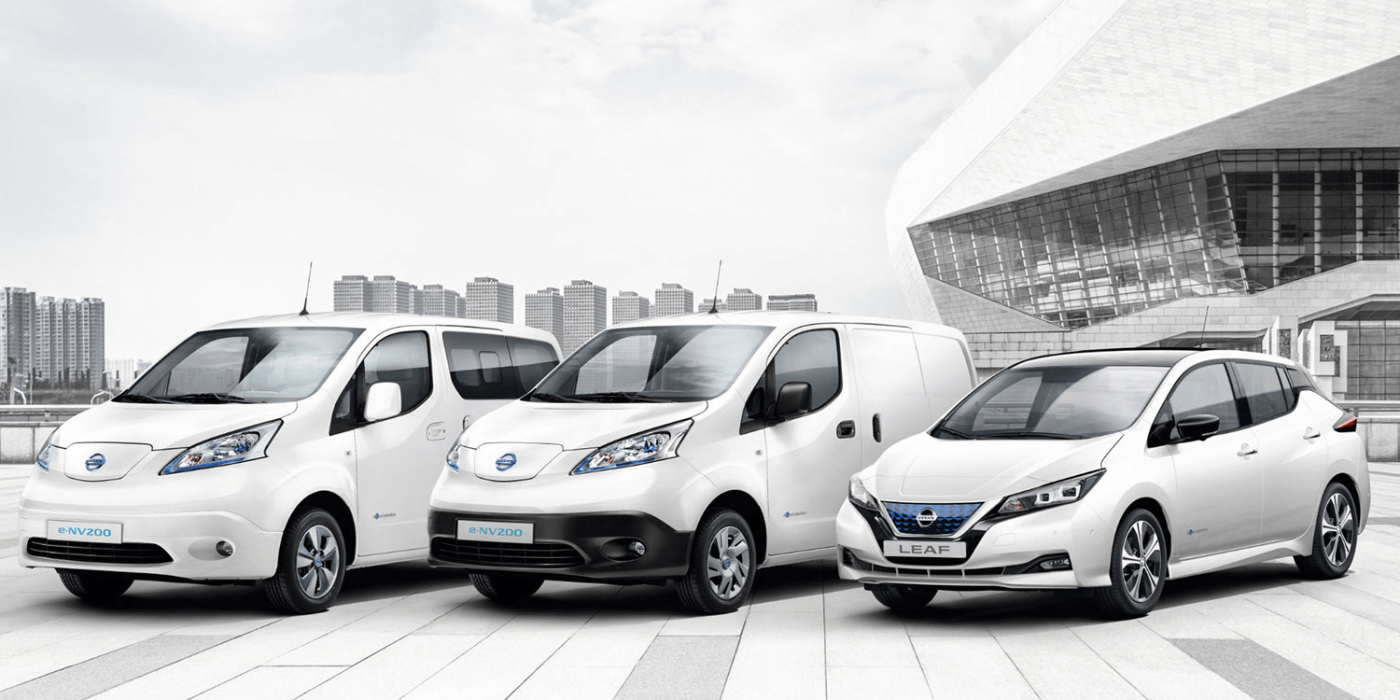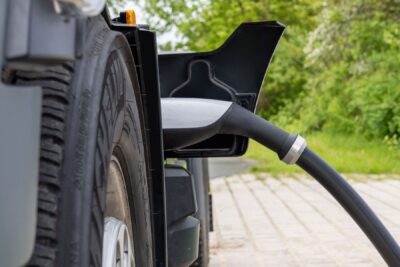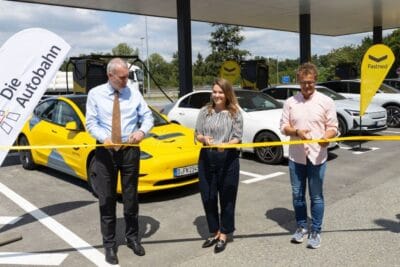Nissan to close Barcelona plant but keep Sunderland
Nissan has presented its comprehensive renovation package. Europe is no longer considered a core market. The Barcelona plant will be closed while the plant in Sunderland is to continue to operate with alliance partner Renault.
Shortly after the Renault-Nissan-Mitsubishi manufacturing alliance announced the restructuring of their cooperation, Nissan has announced its own new strategy. The concept envisages a 20 per cent cut in the manufacturer’s global production capacity. This should increase the capacity utilisation of the remaining plants to 80 per cent. In accordance with the alliance’s new orientation, Renault is taking the lead in Europe and Nissan will now derive its own vehicles from the Renault models. Europe is thus no longer a core market for the Japanese company, instead, Nissan is concentrating on North America, China and Japan.
Nissan has now also officially announced what has been suspected for weeks: that Nissan intends to close its Barcelona plant in Western Europe. The Japanese company employs between 2,800 and 3,000 people at the Spanish plant (Nissan does not exact numbers in the press release). Among other vehicles, the e-NV200 is made there. Nissan boss Makoto Uchida announced at a virtual press conference that the second European plant in Sunderland, UK, will be kept open. This is where the Leaf is produced. Now, with the help of Renault products, the plant should be able to reach a sufficient capacity utilisation.
What still remains unclear is whether the e-NV200, which is technically related to the Renault Kangoo, will continue to be produced in another plant. Or how long Nissan’s own development Leaf will still be built if Renault takes over the lead in Europe. And last but not least, with regard to the French company: What consequences will it have for the Renault plants if Renault vehicles are also to be built at the Nissan plant in Sunderland in the future, thus adding production capacity? Renault itself will still have to present its savings plan, which according to rumours will include plant closures.
What is very clear, however, is that Uchida is bidding farewell to the growth plans of former CEO Carlos Ghosn that had the company’s guiding focus for a considerable period. Instead, Nissan wants to concentrate on the three new core markets and become more profitable with fewer models and fewer locations. By the end of fiscal 2023 (in March 2024), the “Nissan Next” restructuring plan provides for a margin of five per cent and a global market share of six per cent. “We are correcting our course,” said Uchida. “Excessive expansion is being replaced by steady growth.” Nissan had accumulated high fixed costs over the years for the planned steady growth. The Japanese company hopes the plan will save 300 billion yen per year or 2.5 billion euros. Nissan does not want to give a forecast for the current business year. According to the Spanish government, the closure of the Barcelona plant could cost up to one billion euros.
Nissan wants profit with electric cars in China and Japan
One of the growth areas defined by Uchida and his colleagues on the board is electric mobility – above all in China and Japan. By the end of the savings program in 2023, more than one million electric cars are to be sold. In addition to purely electric cars, this includes the e-Power models with an additional combustion engine as a range extender. In Japan, Nissan plans to launch two more electric and four more e-Power vehicles, which should increase the electrification rate to 60 per cent of sales.
It now seems unlikely that the e-Power models will still come to Europe under these conditions, as was rumoured. It is precisely such parallel developments to Renault’s electric and hybrid projects that the new alliance structure is designed to avoid. Thus it is more likely that the French E-TECH hybrids will also be used in the next generation of the Europe-Nissans (then developed under Renault’s lead).
But savings are not only being made in Europe: According to Uchida, an assembly plant in Indonesia will also be closed, the cheap brand Datsun, which was introduced in Russia, will be discontinued, and Nissan will withdraw completely from South Korea. And not only will the global production capacity is to shrink by 20 per cent, but also the model range: instead of 69 model series at present, Nissan wants to offer only 55 models.
With reporting by Sebastian Schaal, Germany





0 Comments